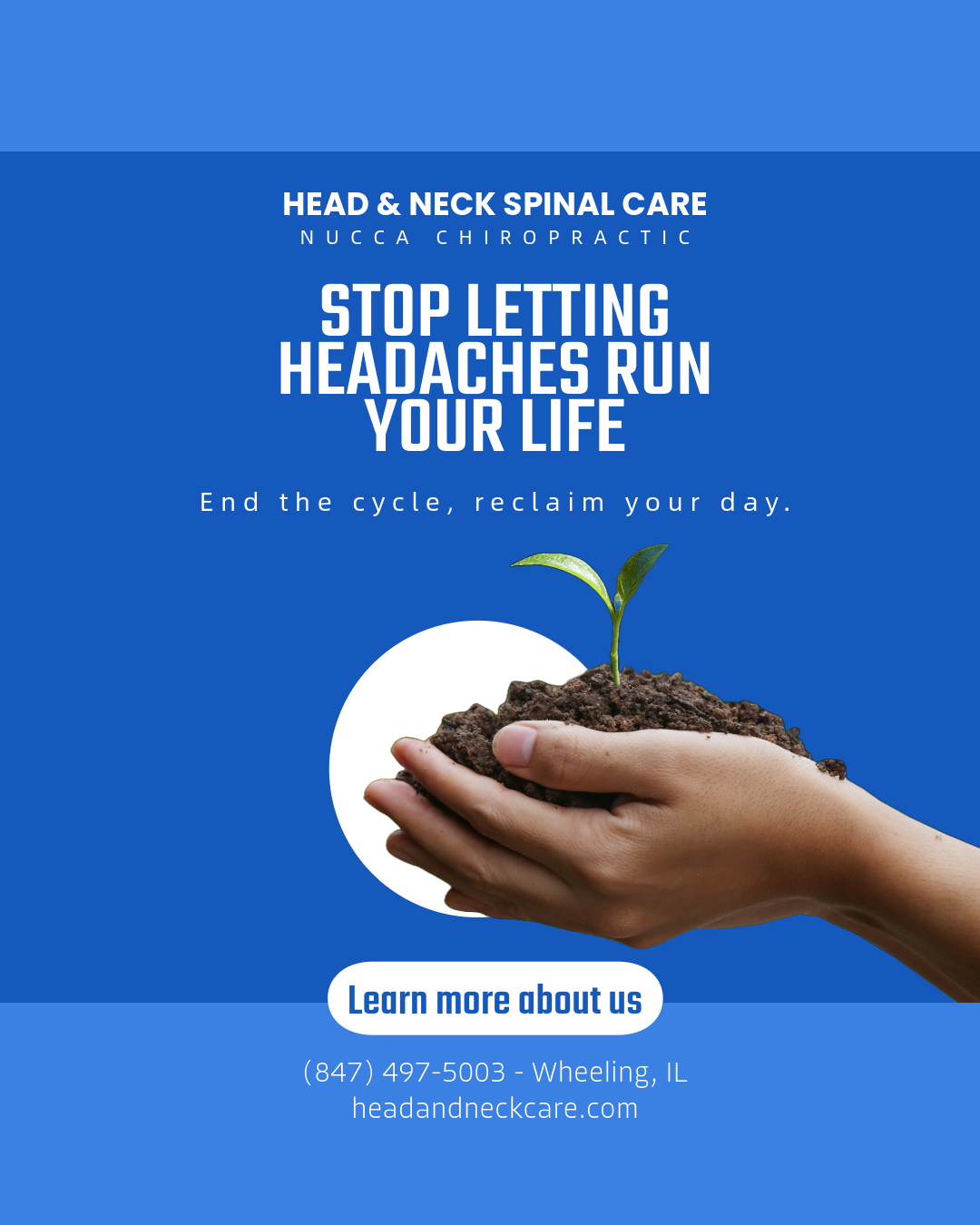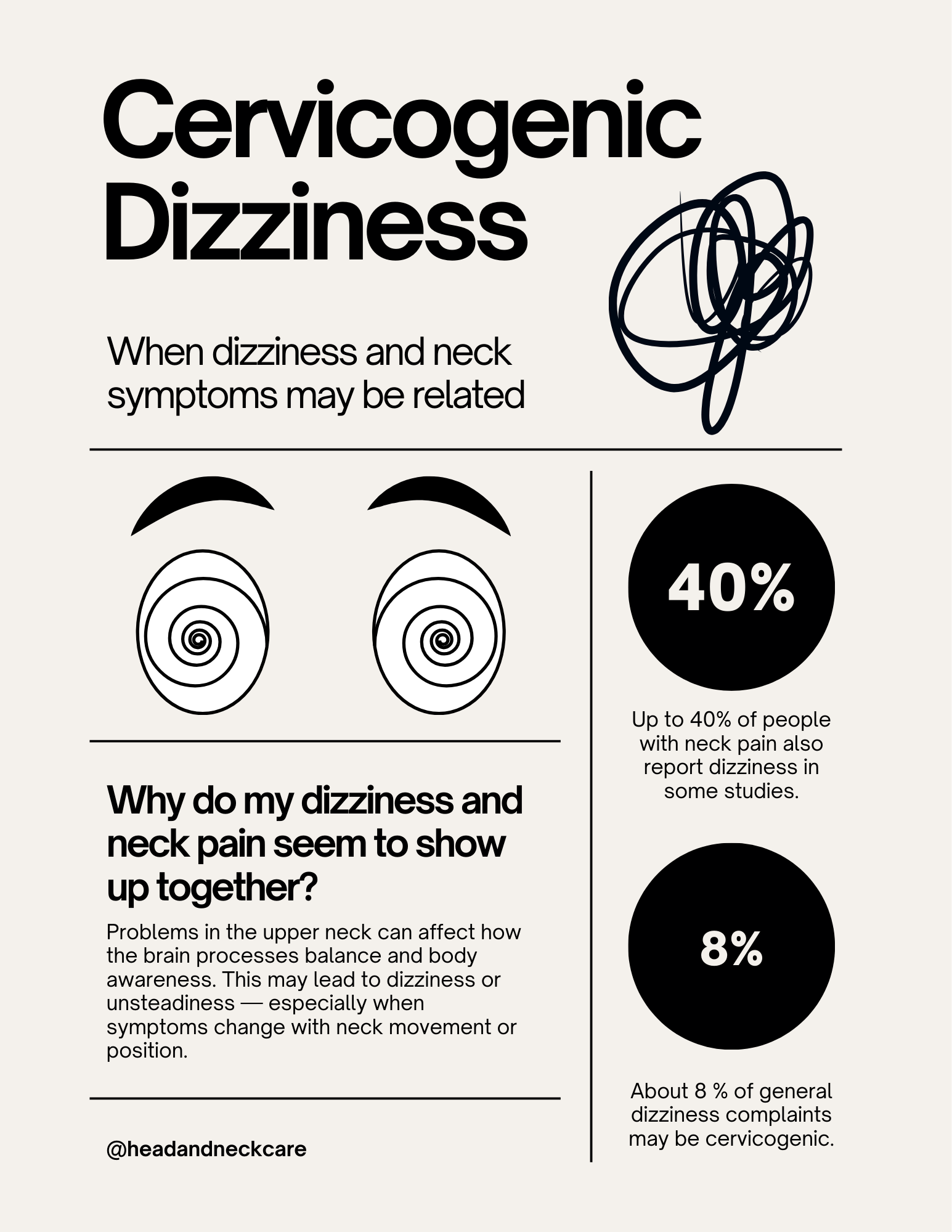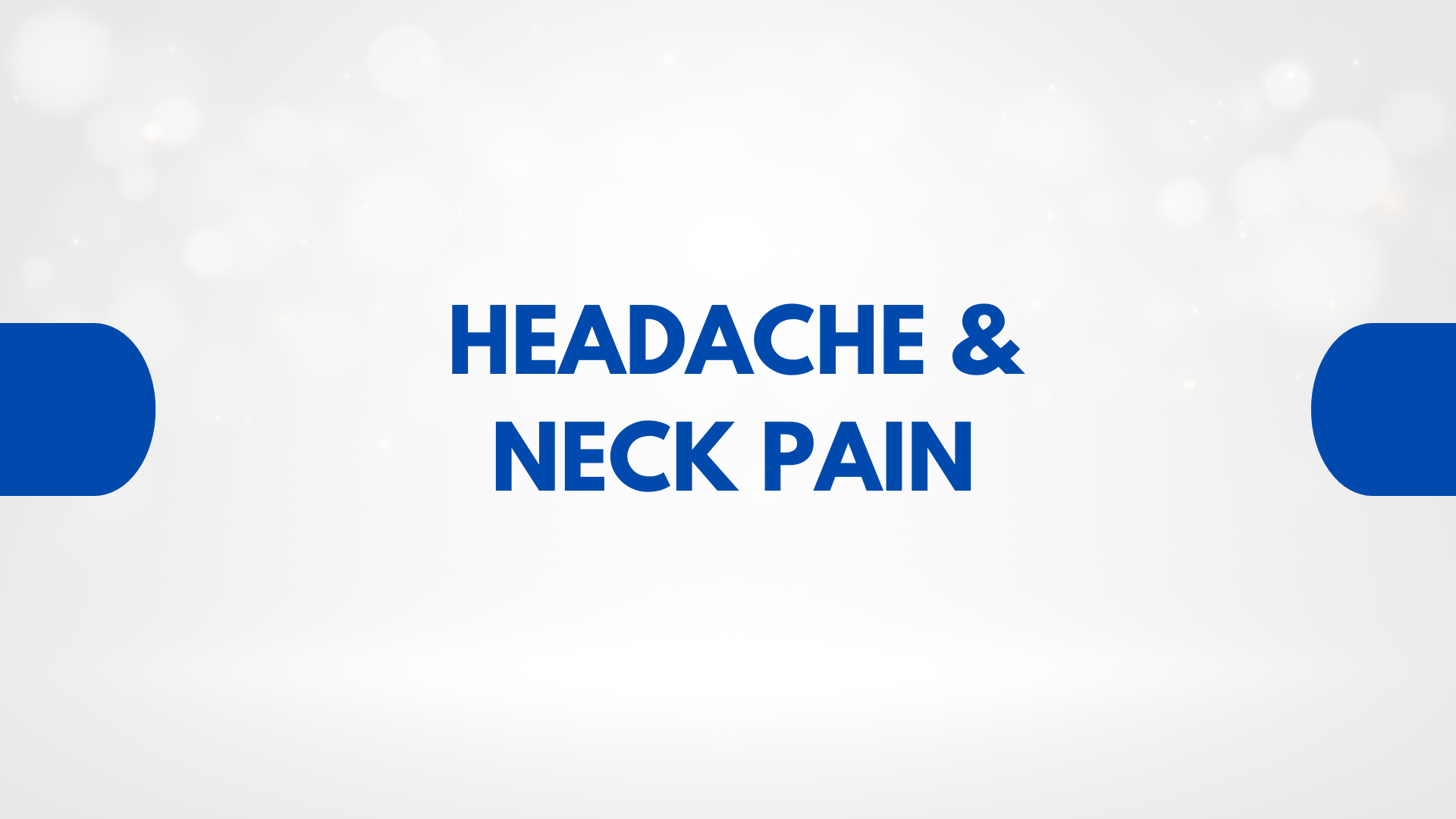
Tension-Type Headache & Your Cervical Spine: Everything You Need to Know
Tension-type headaches are the most common form of headache, and for many people, they’re more than just a mild nuisance, they can really affect your everyday life. They can feel like a tight band wrapping around your head, lingering for hours or even days. What’s often overlooked, though, is the role your neck and posture play in these headaches.
Let’s break down what tension-type headaches really are, why your cervical spine matters, and what you can do to finally find relief without overcomplicating it.
The Basics: What Is a Tension-Type Headache?
To put it simply, tension-type headaches usually feel like a dull, pressing pain on both sides of the head. Unlike migraines, they don’t throb or pulsate and aren’t usually accompanied by nausea or sensitivity to light and sound.
That said, the two types include:
⦁ Episodic: Occurs less than 15 days per month.
⦁ Chronic: Happens 15 days or more per month.
Common triggers include stress, poor sleep, dehydration, jaw clenching and most importantly neck muscle tension. If you feel your neck tighten when you’re stressed or sitting at a desk all day, you may already be feeling the early signs of a tension type headache episode.
Why the Cervical Spine Matters
Now you may be wondering why your cervical spine matters. Your head weighs approximately 10 to 12 pounds. However, when it moves just a few inches forward, such as when you’re gazing at your phone or slouching at your desk, the weight can double the strain on your neck joints and muscles.
When this happens, the small muscles responsible for supporting your neck begin to fatigue. Larger surface muscles, such as the upper trapezius, step in to help, but they aren’t designed for sustained support. This causes constant stress and compensation, which can worsen headaches.
That said, here are a few ways issues in your cervical spine can play a role in tension-type headaches:
(1) Tight neck muscles with trigger points can refer pain to the temples, jaw or behind the eyes.
(2) Dysfunctional upper cervical joints, especially near the base of the skull, can send pain signals that overlap with the brain’s headache pathways.
(3) Poor posture awareness can throw off your sense of head position, causing your muscles to tense up, which may lead to ongoing tension, guarding and even dizziness.
Recent studies also show that people with tension type headache tend to have weaker, more sensitive neck muscles. That’s why treating the neck spine is often the key to meaningful and lasting headache relief.
Neck Pain & Tension-type Headches: The Double-Trouble Duo
As we mentioned, neck pain and tension-type headaches often go hand-in-hand and not by coincidence. In fact, research shows that nearly 88% of individuals with tension-type headaches also experience neck pain. This overlap isn’t just common, it’s clinically significant.
The reason lies in how the body processes pain. The nerves that carry pain signals from your neck and your head converge in the brainstem. When one area is irritated, like stiff neck muscles or misaligned upper cervical joints, it can amplify pain in the other. That means a tense neck can trigger a headache, and a headache can lead to more neck tension, creating a frustrating cycle.
Tension-type Headaches vs. Cervicogenic Headaches vs. Migraine
Not every headache is the same. Knowing which type you’re dealing with helps you choose the appropriate treatment. Here are some of the common ones:
⦁ Tension-Type Headache: It feels like a dull, tight pressure on both sides of your head. Often associated with stress, posture or muscle strain.
⦁ Cervicogenic Headache: Pain originates in the neck, usually on one side and spreads to the head. Movements of the neck usually make it worse.
⦁ Migraine: Migraine is usually one-sided, with throbbing pain, nausea and light or sound sensitivity. It’s a neurological issue that may or may not affect your neck.
6 Simple Self-Care Tips for Headache Relief
You don’t need a full treatment plan to start feeling better. These simple habits can help ease both neck tension and headaches:
⦁ Take micro-breaks every 30 minutes such as stretching your neck and rolling your shoulders.
⦁ Set up your workstation so your screen is eye level and posture stays upright.
⦁ Stay hydrated and eat regularly since dehydration and low blood sugar can trigger tension.
⦁ Practice deep breathing or meditation to calm your nervous system.
⦁ Strengthen your neck muscles with the help of a professional.
NUCCA Chiropractic for Headache Sufferers
At Head and Neck Spinal Care, we focus on correcting misalignments in the upper cervical spine, particularly the atlas (C1) and axis (C2). Even small shifts in this area can throw off your posture and create tension that fuels headaches.
Our gentle, non-invasive upper cervical adjustments help restore proper alignment, reduce neck strain and support long-term relief. Many patients notice less tension and fewer headaches within just 4 to 6 weeks.
Frequently Asked Questions
Q: Is tension-type headache caused by stress?
A: Not entirely. Stress is a common trigger, but muscle tension and joint stiffness in the neck play a major role. Managing both gives the best results.
Q: Can poor posture alone cause tension type headaches?
A: Yes, especially if it’s long-term. A forward head position increases muscle strain, which can start the headache cycle.
Q: How many visits will I need?
A: Most patients feel a difference within the first several weeks. Chronic cases may need longer, but we always tailor personalized care to your unique needs.
Q: Can I still get care if I’ve had headaches for years?
A: Yes, absolutely! Many long-term headache sufferers see improvement with the right approach.
Head and Neck Spinal Care in Northwest Suburbs of Chicago
If you’ve been living with frequent headaches, neck pain or both, it’s time for a new approach. Let us help you feel clearer, lighter and more in control of your health. Give our experts a call or fill out a contact form with your information!
Dr. Wontaek Hwang is a NUCCA chiropractor providing a personalized solution for brain and spine disorders in Wheeling and Northbrook, IL. Please visit us at headandneckcare.com or call us at (847) 497-5003 for an initial consult.




